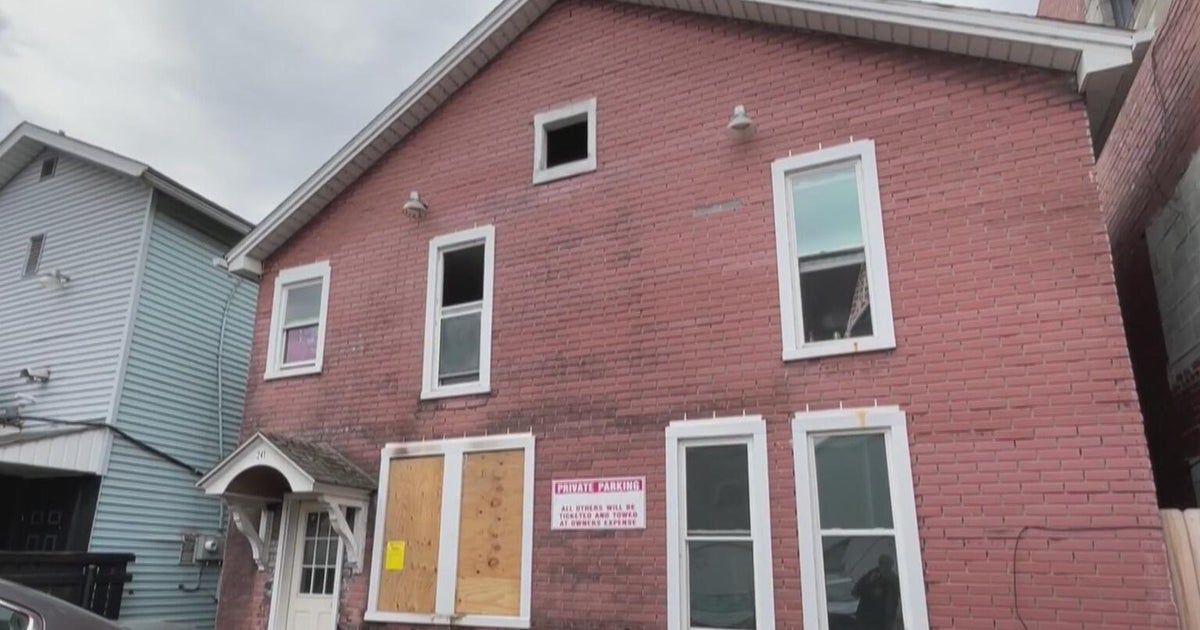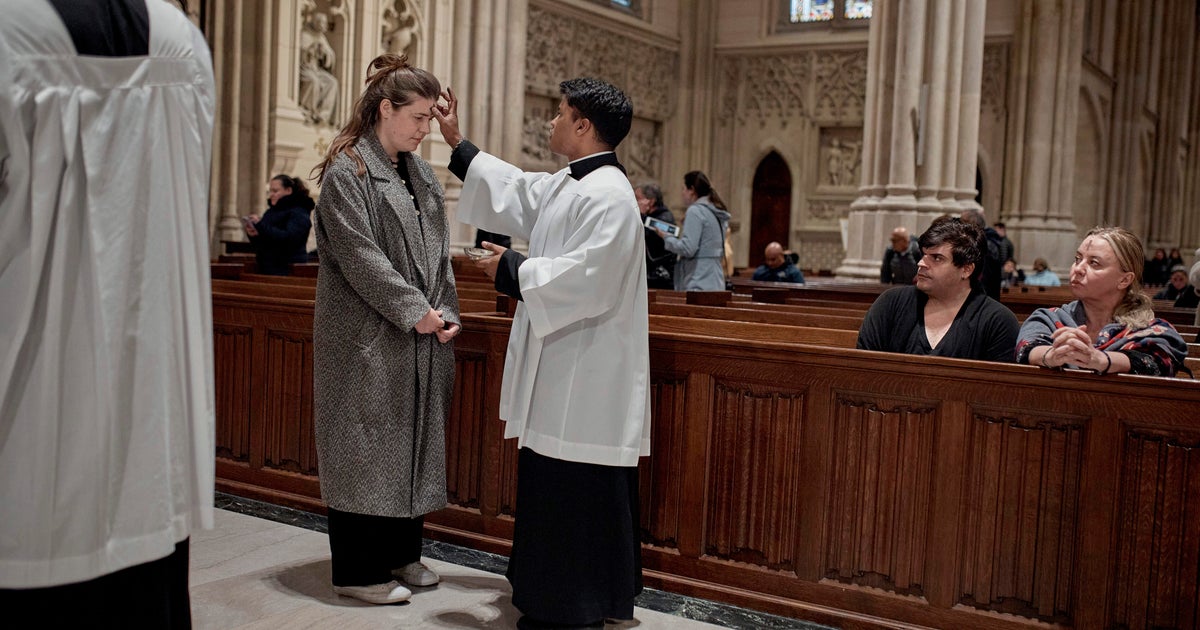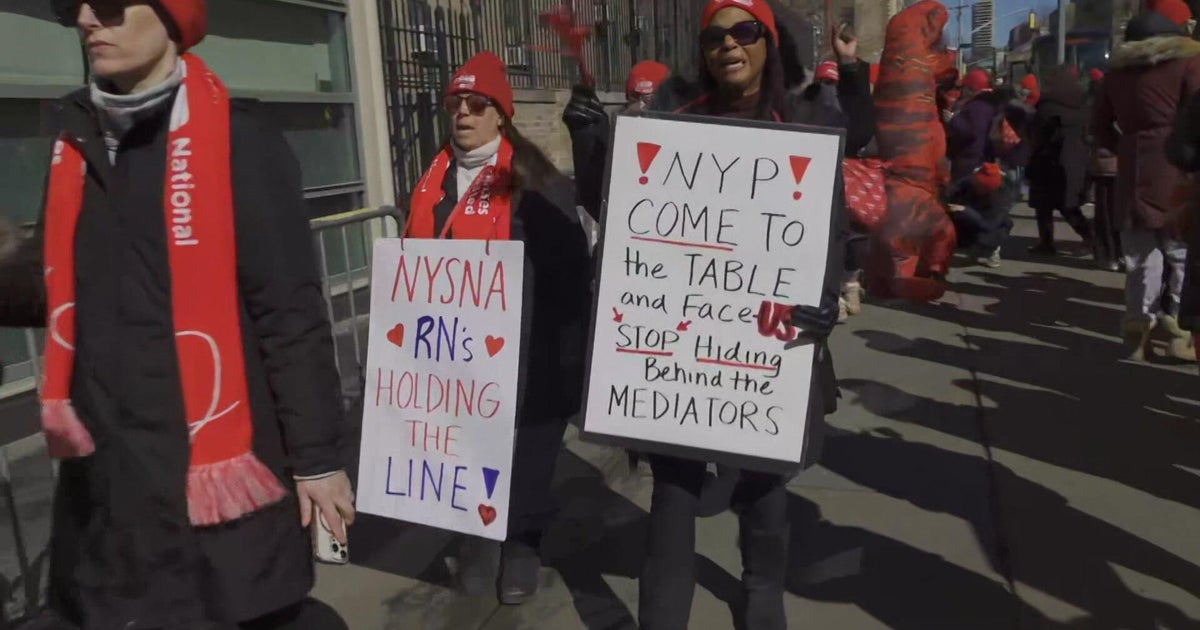Labor movement rises from ashes of World Trade Center's Windows on the World restaurant
The breathtaking views of New York City and beyond were famous inside the Windows on the World restaurant on the 107th floor of Tower One of the World Trade Center complex. So, too, was the seamless service, delivered day and night by a diverse crew of 400 restaurant workers who hailed from nearly every continent.
More than 70 Windows on the World employees perished on 9/11 — some jumping to their deaths with table cloths and napkins to help break their 1,000-foot falls, others incinerated by the rapidly rising heat. Back then, the minimum wage for tipped workers like them was $2.13 an hour. That figure — unchanged in much of the country these past 20 years —remains front-and-center in a labor battle that's still being waged two decades after the plight of displaced World Trade Center restaurant employees helped reignite a worker movement playing out across the country.
While the ranks of traditional labor unions are much diminished from decades past, a different type of worker organization surfaced as 9/11 made more Americans aware of the trauma that can be inflicted on low-wage workers with almost no economic safety net.
"The restaurant industry is already kind of a melting pot," Saru Jayaraman, director of the Food Labor Research Center at University of California, Berkeley, told CBS MoneyWatch. That American story was particularly poignant at Windows on the World, which prided itself on its multinational staff, she noted: "Seventy-three workers died, mostly immigrants. These workers were preparing the day's meals, preparing for customers."
Less than two years out of law school at the time, Jayaraman was an attorney and organizer at a workers center on Long Island, New York, when she got a call from Fekkak Mamdough, a Moroccan immigrant who was a Windows on the World waiter and shop steward for the Hotel Employees and Restaurant Employees (HERE) union.
The pair formed the Restaurant Opportunities Centers (ROC) United to help find jobs for displaced New York City restaurant workers, whose numbers swelled to more than 12,000 in the months immediately following 9/11.
"It was eerily comparable to this moment — people had died, people were scared to eat out," said Jayaraman in comparing the COVID-19 pandemic and the period after terrorists used commercial planes to attack U.S. targets two decades ago.
"Destiny or luck"?
ROC has since grown into an organization with chapters in nine states and the District of Columbia, and is currently led by Sekou Siby, a chef who would have been in the kitchen at Windows on the World on 9/11 had he not agreed to swap shifts with a colleague. "Call it destiny or luck," Siby said at a press briefing Wednesday to commemorate the coming 20th anniversary of 9/11. "I always go to the World Trade Center memorial site and pray for my friends and colleagues."
Now 65 and a real estate agent in New York City, Albert Lee told the briefing that his life was spared because his shift as a server did not start until 5 p.m. on 9/11. "I have to carry the burden of knowing my coworkers died that day," said Lee, who worked at Windows on the World for 15 years after immigrating to the U.S. from Hong Kong in 1986. "Restaurant workers still have limited job protections," Lee said.
In the past 20 years, ROC has campaigned for paid sick days and minimum-wage increases and against management pocketing worker tips, workplace discrimination and sexual harassment, helping recoup millions of dollars for workers through legal settlements. Over the past 18 months, ROC has distributed more than $1 million to 5,000 restaurant workers who lost their jobs due to shutdowns during the pandemic.
ROC also was a key force in the push this past decade to make $15 an hour the new federal standard in minimum wages. It aligned with the Fight for $15, a coalition of fast-food, retail and other workers that sprang up in New York in 2012 with support from the Service Employees International Union (SEIU), and soon after started One Fair Wage (OFW) to end all sub-minimum wages in the U.S. That includes pay for those for whom tips are viewed as part of their wages, like restaurant workers.
"For 150 years since emancipation, this industry has gotten away with having customers pay their workers," Jayaraman, now president of OFW, said of tipping, a practice she said took hold in the U.S. after the Civil War when former slaves found unpaid work in food services or as railroad porters and relied on tips to get by.
A minimum wage unchanged for 30 years
Currently, employers in some states can still pay tipped workers as little as $2.13 an hour, with the understanding that customers will make up the difference so that servers earn at least the federal minimum wage of $7.25 an hour and with employers on the hook if tips don't cover the gap.
Established in 1991, the federal minimum wage for tipped workers has been frozen at $2.13 an hour for 30 years and remains the standard pay scale in 16 states: Alabama, Georgia, Indiana, Kansas, Kentucky, Louisiana, Mississippi, Nebraska, North Carolina, Oklahoma, South Carolina, Tennessee, Texas, Utah, Virginia and Wyoming. That's according to the Economic Policy Institute, which counts 34 states and D.C. as having a tipped minimum wage above the federal $2.13 level. In New York City, tipped restaurant workers now earn a minimum of $10.00 an hour by combining cash wages and tips.
Tipped workers are paid the regular minimum wage other kinds of workers get in eight states — Alaska, California, Hawaii, Minnesota, Montana, Nevada, Oregon and Washington — where there is no tipped minimum wage.
The two-tiered wage system has resulted in significantly different living standards for tipped and non-tipped workers, according to EPI, which along with Jayaraman and others argues that the system fosters economic insecurity, sexual harassment and racial discrimination.
President Biden has supported eliminating the tipped minimum wage, a policy that would gradually be enacted under the Raise the Wage Act of 2021, which would also increase the federal minimum wage to $15 from the current $7.25 by 2025. New York in 2019 eliminated the state's tipped wage for all tipped workers — except for restaurant workers.
Said Jayaraman, "It's so interesting to be looking at our movement now, 20 years later, both in Congress and in New York where we started, to finally have a chance to get this done."




